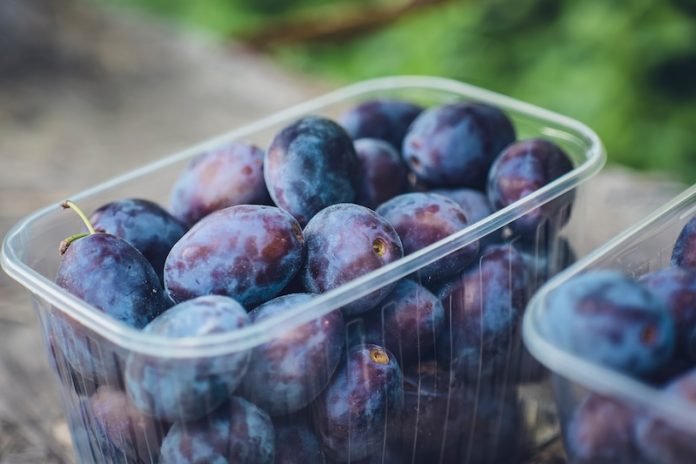
A study from Shifa College of Medicine, conducted by Talat Ahmed and team, has brought to light an interesting finding: prunes might be an effective natural remedy for controlling high blood pressure.
Published in the Journal of Ayub Medical College, this research adds to the growing body of evidence supporting the health benefits of fruits and vegetables.
Prunes, which are essentially dried plums without added sugar, are packed with nutrients like vitamin B6, manganese, and copper, aiding in energy release from foods. They are also rich in vitamins and antioxidants, boosting the immune system and promoting healthy cellular activities.
In this study, the researchers focused on the specific impact of prunes on heart health. They conducted tests on 259 individuals with systolic blood pressures (BP) between 120-139 mmHg and diastolic BP between 80-89 mmHg.
Participants were divided into groups, with two treated groups consuming prune juice and whole dried plums. One group ate 3 prunes (about 11.5 gm) while the other had 6 prunes. A control group consumed just a glass of plain water on an empty stomach in the morning.
The results were noteworthy. The group that consumed a single dose of 3 prunes daily saw a significant reduction in blood pressure. Those who doubled the intake to 6 prunes primarily experienced a reduction in systolic blood pressure.
Interestingly, the control group had an increase in HDL (high-density lipoprotein), the “good” cholesterol known for reducing heart disease and stroke risk.
The prune-consuming groups showed reduced cholesterol and LDL (low-density lipoprotein), commonly referred to as “bad” cholesterol due to its association with increased heart disease and stroke risk.
These findings suggest that eating prunes could be a simple and natural way to manage high blood pressure, offering protective benefits for heart health.
This is especially relevant given the various studies showing the positive effects of natural remedies and dietary changes on blood pressure management.
For instance, fasting, olive oil, cherry concentrate, and specific timings for blood pressure medication have all been linked to blood pressure control.
In summary, while prunes may not be a complete solution for high blood pressure, incorporating them into a balanced diet, alongside other lifestyle and dietary measures, could be a beneficial step in managing hypertension and promoting overall heart health.
If you care about high blood pressure, please read studies that early time-restricted eating could help improve blood pressure, and natural coconut sugar could help reduce blood pressure and artery stiffness.
For more information about blood pressure, please see recent studies about added sugar in your diet linked to higher blood pressure, and results showing vitamin D could improve blood pressure in people with diabetes.
Copyright © 2023 Knowridge Science Report. All rights reserved.



